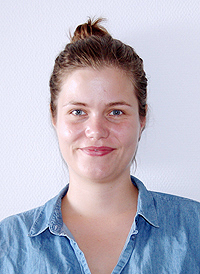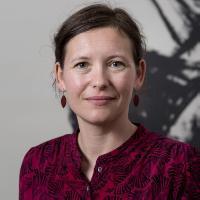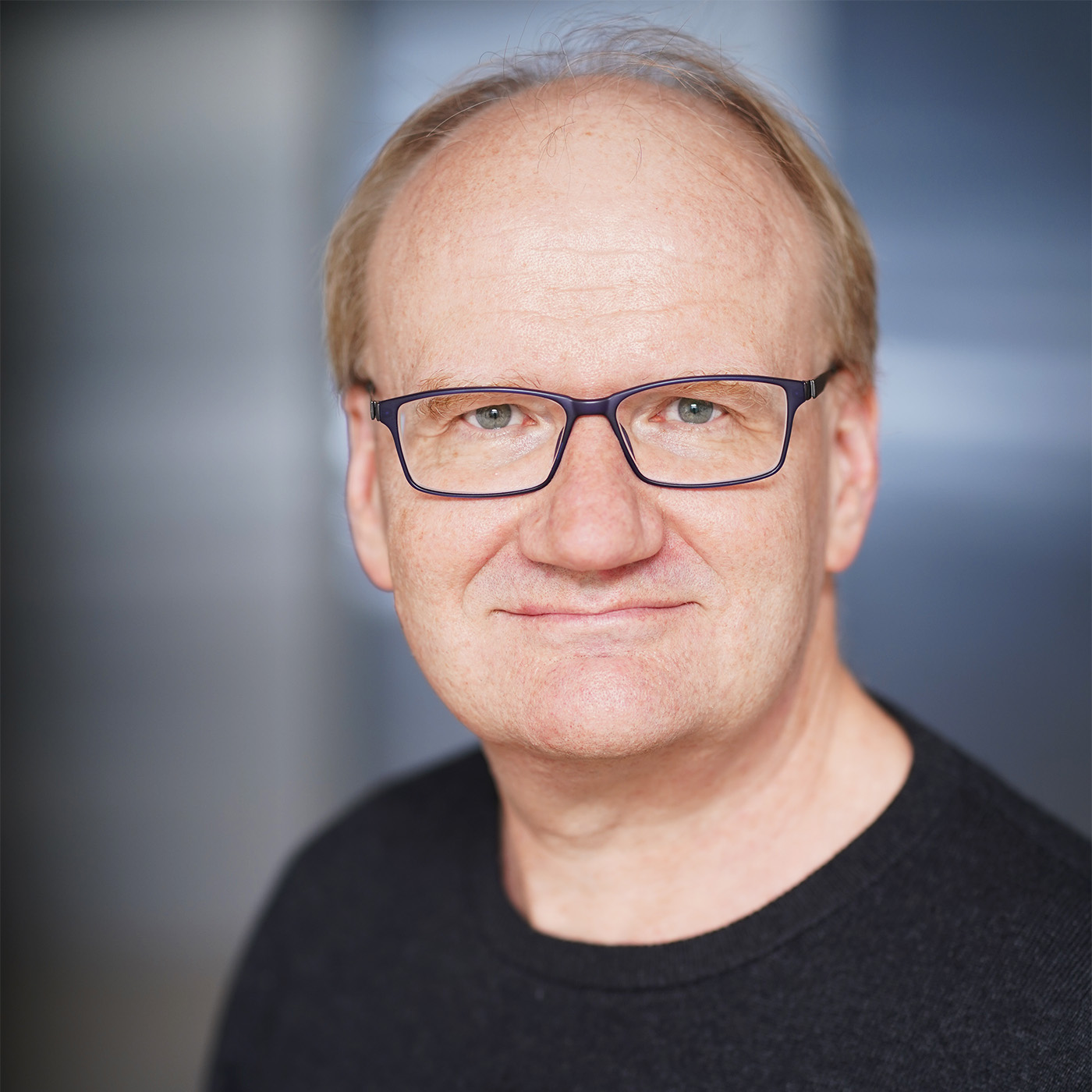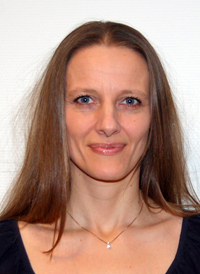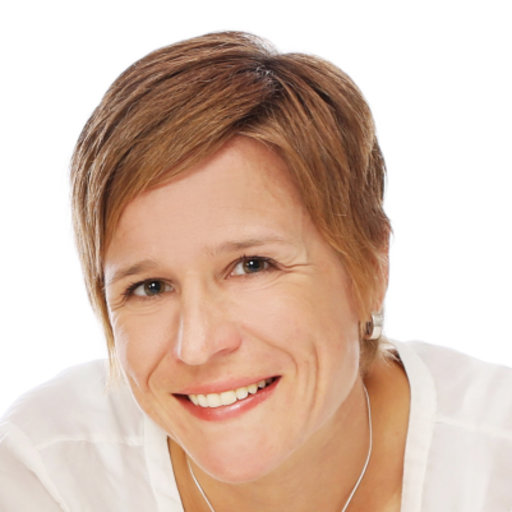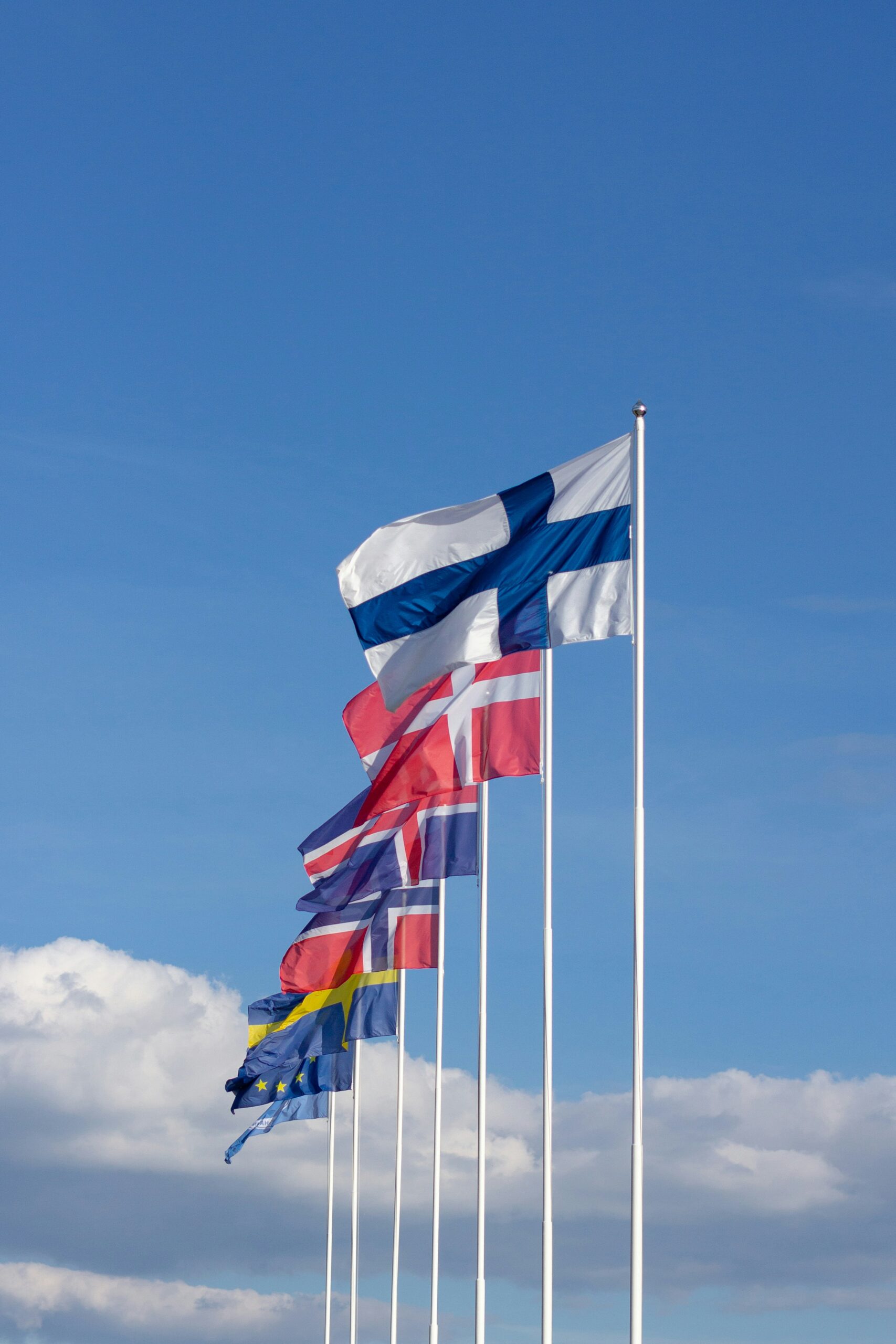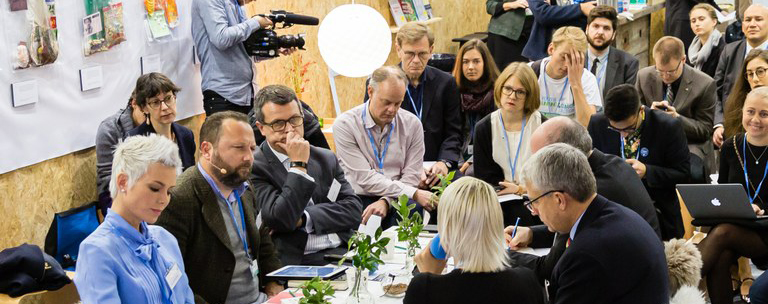
Psychosocial Occupational Epidemiology
About this course
This course introduces participants to the concept, methodology, application and challenges of psychosocial epidemiology in general and psychosocial occupational epidemiology in particular. We will address psychological, social, and organizational factors at work that may affect workers’ health, will examine how these factors can be appropriately measured and analyzed and will discuss what can be done to protect and improve workers’ health.
Price information
The price of the course consists of the course fee of EUR 500
and the day package of choice.
Day package I
This package includes:
- conference facilities and technical equipment
- course material
- coffees, lunches
- dinners and the social program on Tuesday.
We strongly encourage you to take part in the social program, as this is a vital part of the NIVA course experience. We believe in the power of networking (between people) and strive to create an inspiring possibility for that through the social program.
The total price of the course is EUR 950 (course fee EUR 500 + day package fee EUR 450).
Day package II
This package includes:
- conference facilities and technical equipment
- course material
- coffees and lunches.
Kindly note that the day package II does not include dinners nor the social program.
The total price of the course is EUR 700 (course fee EUR 500 + day package fee EUR 200).
Accommodation
26th – 28th of October 2020 at Hotel Hanaholmen, Espoo, Finland.
To book a room from the block kindly make the reservation directly to the hotel by email to reception@hanaholmen.fi using the booking code “NIVA” (available until 2.10.2020).
Single The room price for a single standard room is EUR 115/night (including breakfast, morning sauna and access to the pool) and the price for a double room EUR 134/night (including breakfast, morning sauna and access to the pool). room: 128 €/night (including breakfast).
The block reservation will be available until 2nd of October 2020.
Course objectives
Upon completing the course, participants will understand the concept and the methodologies of psychosocial occupational epidemiology and will be able to use psychosocial epidemiological thinking in their own research and practice.
General course fee information
The courses and workshops vary in price. Please note that the course fee does not cover meals or accommodation. The course fee and day-package fee are invoiced after the registration deadline. Travel arrangements Please refrain from booking any tickets until we have confirmed the course. The confirmation, which will be sent after the registration deadline, will include detailed information on the payment of the course fee and day-packages, as well as information on accommodation options and practical arrangements. Please note that you are not insured by NIVA.
Subject background
An increasing number of somatic diseases, psychiatric disorders and symptoms of reduced psychological well-being and function are attributed to adverse constellation in the psychosocial environment. There is a great need for improved theoretical conceptualizations and research methods to understand how the environment may affect health and well-being via psychosocial processes.
Psychosocial epidemiology is a new and rapidly growing approach with the aim to understand the determinants of health and illness by linking diverse phenomena such as economic and political structures, social living conditions, cognitions, emotions, psycho-physiology and individual behaviour. Psychosocial epidemiology pertains to both the work-life (e.g., workplace stressors and resources) and the non-work-life area (e.g., life events, stressors and resources in families or communities) and ideally integrates both areas into a common understanding of the determinants of health illness.
In this course, the participants will get an in-depth introduction into psychosocial epidemiological thinking that they can apply to in their own research and practice. While we will include both work-life and non-work-life research, the focus of the course will be on psychosocial epidemiology in the workplace that is psychosocial occupational epidemiology. Participants will be provided with an up-to-date overview on historical roots and overarching concepts in the field of psychosocial occupational epidemiology; they will get a review of the most common theoretical models in the field; and they will learn about the most important conceptual and methodological challenges.

